Tebboune declared decisive winner in Algeria’s presidential election
Tebboune’s re-election signals continuation of his governing policies buoyed by increased energy revenue
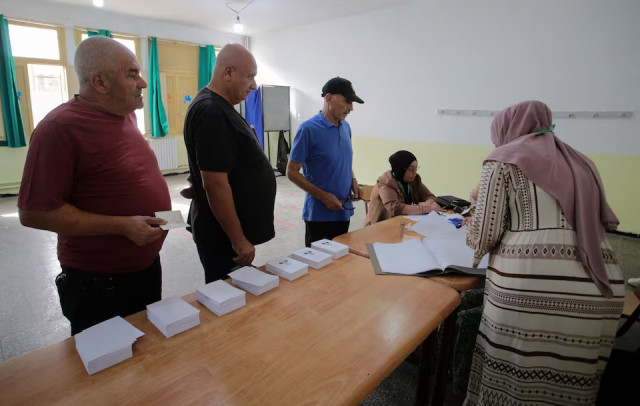
Algerian President Abdulmadjid Tebboune was declared the decisive winner of Saturday's election, as announced by authorities on Sunday. Tebboune, who secured 95% of the vote, successfully avoided a second-round run-off.
His main challengers, Abdelaali Hassani Cherif, a moderate Islamist, and Youcef Aouchiche, a secularist, received 3% and 2% of the vote, respectively. Voter turnout was recorded at 48%, indicating that fewer than half of registered voters participated in the election.
Tebboune, who enjoys the backing of the military, faced limited opposition from his two rivals, both of whom had the endorsement of Algeria's powerful political establishment. However, Hassani Cherif's campaign raised concerns about irregularities in the vote count. They claimed polling station officials were pressured to inflate results and that vote-sorting records had not been properly delivered to the candidates' representatives.
They also pointed to instances of proxy group voting. Hassani Cherif’s spokesperson, Ahmed Sadok, dismissed the election as a "farce" and alleged that their own tallies showed the candidate had won far more votes than officially announced. These claims have not been independently verified.
Despite these accusations, the head of the electoral commission, Mohammed Charfi, stated that efforts had been made to ensure transparency and fairness in the election process. However, Tebboune, Hassani Cherif, and a third candidate issued a joint statement late on Sunday, expressing concerns about the provisional results. They cited contradictions and inconsistencies in the figures released by the electoral commission and called for clarification.
Tebboune’s re-election signals a continuation of his governing policies, which have been buoyed by increased energy revenues. Since taking office in 2019, Tebboune has revived extensive social spending, using energy wealth to increase unemployment benefits, pensions, and public housing programmes. He has promised further improvements in these areas during his second term.
This approach has garnered support from many, particularly those who benefit from the subsidies and wage increases. One Algiers resident, Ali, expressed his support for Tebboune, citing his focus on raising wages and maintaining subsidies.
Tebboune initially rose to power following the mass "hirak" protests that ended the 20-year rule of former President Abdulaziz Bouteflika. His election in 2019 saw a voter turnout of just 40%, reflecting the widespread dissatisfaction with the political establishment. The "hirak" movement, which mobilised hundreds of thousands of people to demand an end to corruption and the removal of the ruling elite, was ultimately subdued by the COVID-19 pandemic.
For many Algerians, this election reflected ongoing political disillusionment. Slimane, a 24-year-old resident of Algiers, noted that the low turnout mirrored the attitudes of the majority, including himself. He did not vote because he did not trust the political system.
Since Russia’s invasion of Ukraine in 2022, Algeria has benefited from increased European demand for gas, leading to higher energy prices and boosting state revenues. This influx of wealth has enabled Tebboune’s government to expand social spending while also pursuing economic reforms aimed at strengthening the private sector and creating jobs. Despite these efforts, unemployment, though reduced from its pandemic peak of 14%, remained above 12% last year, and inflation continues to challenge the country.
Political analyst Farid Ferrari remarked that the 48% turnout in this election, compared to 40% in 2019, demonstrates that the gap between the government and the people has yet to be bridged. Many citizens remain disconnected from the political process despite the slight increase in voter participation.
In terms of foreign policy, Tebboune’s track record has been mixed. Despite Algeria’s role as a key gas supplier to Europe, its regional rival, Morocco, has gained diplomatic victories by securing Spanish and French support for its sovereignty over Western Sahara, an area where Algeria backs the Polisario separatist movement. Morocco has also garnered support from several African and Arab states.
Algeria’s bid for membership in the BRICS group was also unsuccessful when the bloc expanded in January, admitting Egypt, Ethiopia, Iran, and the United Arab Emirates instead. However, Algeria did join the BRICS development bank last month. Its efforts to bring stability to the Sahel region have similarly faced obstacles, with an attempt to mediate between rival factions in Niger following a coup last year yielding little progress.
Despite these challenges, Algeria remains a significant military power in the region and continues to balance its international relationships between Western powers and Russia. Tebboune's re-election reinforces the likelihood of maintaining this traditional foreign policy stance while focusing on domestic social reforms.

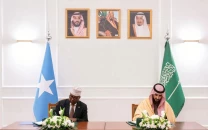
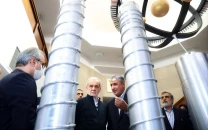
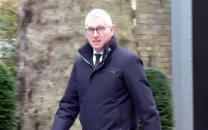
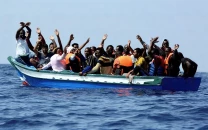

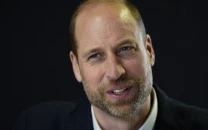












COMMENTS
Comments are moderated and generally will be posted if they are on-topic and not abusive.
For more information, please see our Comments FAQ